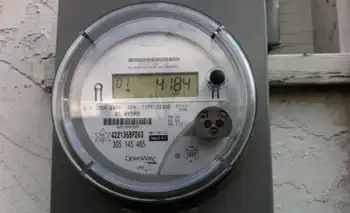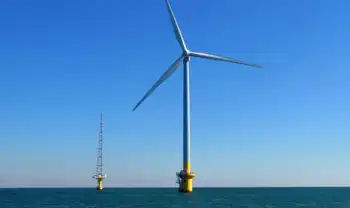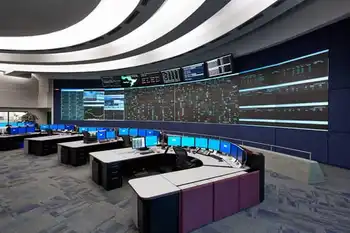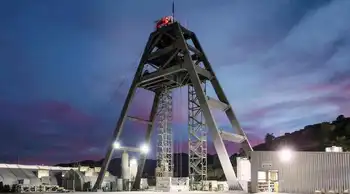Nuclear could benefit from U.S. climate bill
By Reuters
Electrical Testing & Commissioning of Power Systems
Our customized live online or in‑person group training can be delivered to your staff at your location.

- Live Online
- 12 hours Instructor-led
- Group Training Available
The House of Representatives narrowly approved its version of the bill late last month and it included little mention of nuclear energy.
But that looks set to change as a group of moderate Democratic and Republican senators who strongly back nuclear power tries to wrest industry concessions.
A key question is whether the industry and its allies can convince enough lawmakers that nuclear power, long seen as an environmental headache due to its radioactive waste and potential safety risks, is actually a solution to worsening global warming.
As many as 20 to 25 of the 60 Senate Democrats are just as concerned about what the recession is doing to manufacturing, and the coal and oil industries, as they are about global warming. Concessions for nuclear could help win them over, said Manik Roy, a vice president for government outreach at the Pew Center on Global Climate Change.
Moderate Democrats from Midwestern states are especially anxious to see nuclear get incentives because utilities there could get slammed by greenhouse gas regulations.
That's because Midwestern utilities mainly burn coal — the fossil fuel that emits the most carbon dioxide — and incentives to build nuclear plants could help them deal with the expenses and provide new jobs.
"There's a whole group of senators that if you wanted to seriously engage them on the climate issue you would have to show them that you are doing everything you can to advance nuclear power in this country," Roy said.
No new U.S. nuclear plants have been completed since 1996. Since then worries about what to do about nuclear waste and the costs of building new plants have limited projects to the planning stages.
The industry has claimed a nuclear renaissance is in the works as concerns mount about energy security and that greenhouse gases are warming the earth to dangerous levels.
U.S. regulators are considering about 19 applications for new plants, but companies have already put a couple of those on hold due to high costs in the current economy.
So the industry wants more assurances from Congress to help build a new generation of plants which could cost at least $5 billion each. It feels its turn is due because compromises were made in the House version of the climate bill for other industries.
"There's been a giveaway to the farm community, there's been a giveaway to the coal states, there's been a giveaway to the refiner states," said Frank Maisano, a spokesman at energy company advocate Bracewell and Giuliani. "So one of the few things that remains a possibility is a giveaway on the nuclear issue."
The incentives could take the form of tweaking a clean energy bank that's included in the current climate bill, to include loan guarantees to provide support for new nuclear plants.
"There needs to be a mechanism in place that can help bring low carbon technologies onto the grid, including nuclear," Nuclear Energy Institute spokesman Steve Kerekes said.
Easing the way for companies to deal with nuclear waste — especially since storing it in Nevada's Yucca Mountain has failed as an easy solution — may also help nuclear power plants get built, analysts said.
The downside of offering up too many concessions is the risk of upsetting environmentalists who have also been a strong force in supporting the climate bill. Many environmentalists began their careers as anti-nuclear activists.
But more than 70 percent of U.S. electricity generated that is virtually greenhouse-gas free comes from nuclear plants, according to the industry. And the potential for nuclear to play a stronger role in curbing emissions may have already provoked discussions among environmentalists who were long-time staunch opponents of the industry.
That could help the Senate add the incentives and get the necessary 60 votes for the bill to advance and stand a chance of becoming law.
"I think that evolution is starting to happen," said Pew's Roy.











